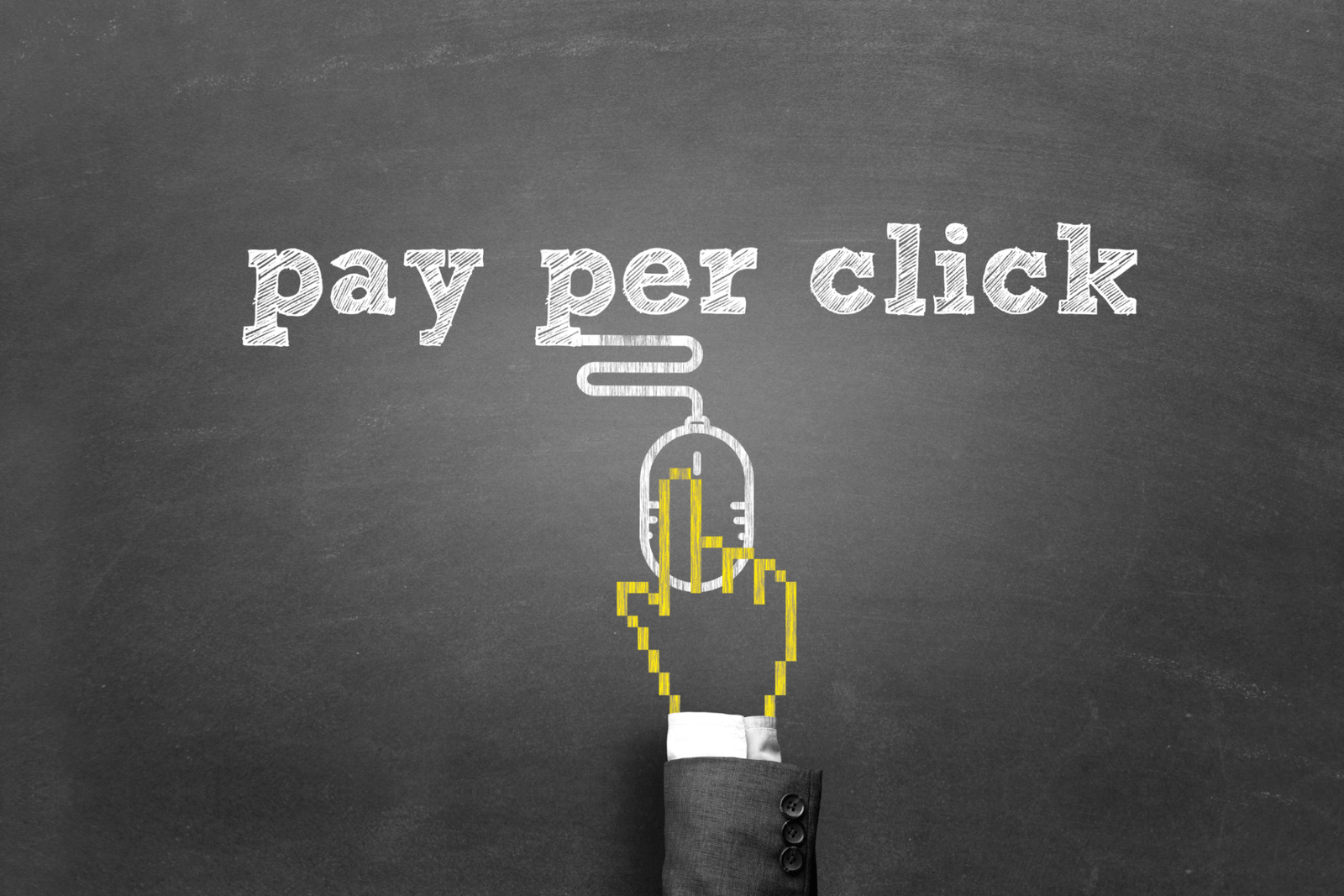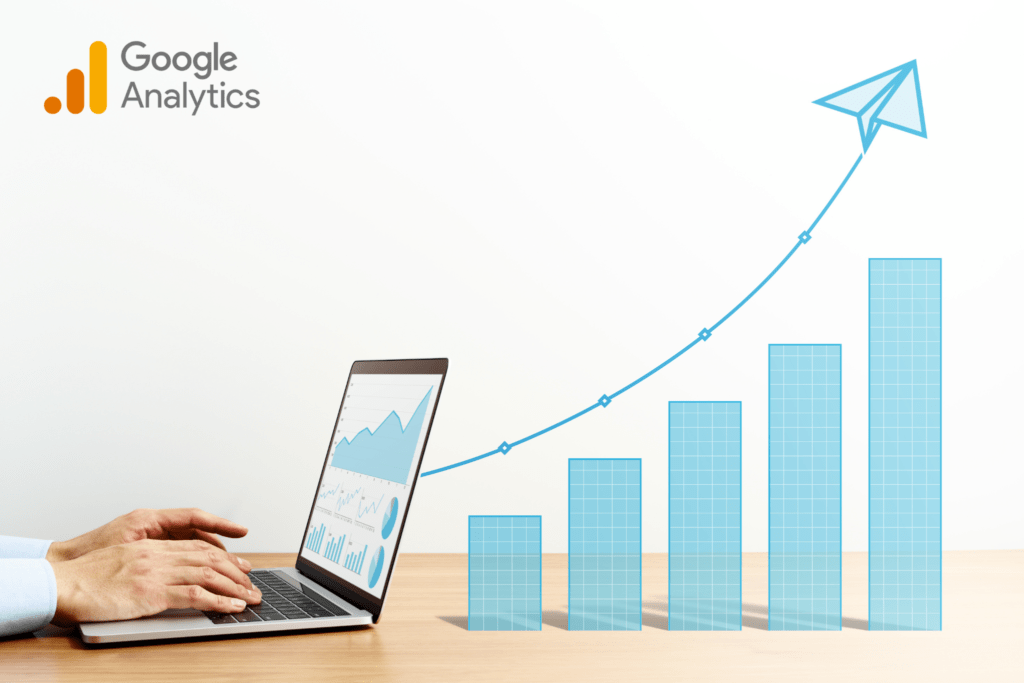Diving into the world of digital marketing, you’ve probably come across the term PPC or Pay-Per-Click advertising. But what exactly is it, and how can it benefit your business? Let’s break it down in simple terms, like chatting with a friend over coffee.
Real Questions and Worries
First, let’s address some common questions you might have:
- “What is PPC advertising?”
- “How does it work?”
- “Is PPC suitable for my business?”
These are all valid concerns, and by the end of this guide, you’ll have a solid understanding of PPC advertising and how to get started.
What is PPC (Pay-Per-Click) Advertising?
PPC (Pay-Per-Click) advertising is a model of internet marketing where advertisers pay a fee each time their ad is clicked. It’s a way of buying visits to your site rather than attempting to earn those visits organically.
Keyword: PPC advertising
How Does PPC Advertising Work?
PPC advertising works by placing your ads on search engines or other platforms and paying only when someone clicks on your ad. The most popular PPC platform is Google Ads, but others like Bing Ads, Facebook Ads, and Instagram Ads are also widely used.
Key Components of PPC
1. Keywords
Keywords are the foundation of PPC. They are the terms and phrases that users enter into search engines. Your ads appear when these keywords are searched for.
- Short-Tail Keywords: General terms with high search volume (e.g., “shoes”).
- Long-Tail Keywords: More specific phrases with lower search volume but higher intent (e.g., “women’s running shoes size 8”).
2. Ads
Your ads are what users see and click on. These can be text ads, display ads, shopping ads, or video ads. Crafting compelling ad copy and using eye-catching visuals are crucial for getting clicks.
3. Landing Pages
Landing pages are where users land after clicking your ad. These pages should be relevant to the ad and optimized for conversions. A well-designed landing page can significantly improve your PPC performance.
4. Bidding
Bidding is the process of setting the maximum amount you’re willing to pay for a click on your ad. PPC platforms use an auction system to determine which ads appear and in what order.
- Manual Bidding: You set the bid amount for each keyword.
- Automatic Bidding: The platform adjusts your bids to maximize clicks or conversions within your budget.
5. Quality Score
Quality Score is a metric used by platforms like Google Ads to measure the relevance and quality of your ads and landing pages. Higher Quality Scores can lower your costs and improve your ad positioning.
Benefits of PPC Advertising
1. Immediate Results
Unlike organic SEO, PPC can generate immediate traffic to your website as soon as your ads go live.
2. Targeted Advertising
PPC allows you to target specific keywords, demographics, locations, and even times of day to reach your ideal audience.
3. Measurable Results
You can track every aspect of your PPC campaigns, from clicks and impressions to conversions and ROI, allowing you to measure the effectiveness of your ads.
4. Budget Control
With PPC, you set your budget and only pay when someone clicks on your ad. This gives you control over your advertising spend.
How to Get Started with PPC Advertising
1. Define Your Goals
What do you want to achieve with PPC? Common goals include increasing website traffic, generating leads, or boosting sales.
2. Conduct Keyword Research
Use tools like Google Keyword Planner, SEMrush, or Ahrefs to find relevant keywords for your business. Look for keywords with a good balance of search volume and competition.
3. Create Compelling Ads
Write clear, engaging ad copy that includes your target keywords. Use strong calls-to-action (CTAs) to encourage clicks. If using display or video ads, ensure your visuals are high-quality and relevant.
4. Design Effective Landing Pages
Your landing page should match the message of your ad and provide a clear path to conversion. Optimize it for both desktop and mobile users.
5. Set Up Your Campaign
Use a PPC platform like Google Ads to set up your campaign. Choose your keywords, write your ads, and set your bids and budget.
6. Monitor and Optimize
Track your campaign’s performance and make data-driven adjustments. Test different ads, keywords, and landing pages to see what works best.
Stories and Examples
The Local Bakery Example
Imagine you run a local bakery. Here’s how you might use PPC:
- Goal: Increase online orders.
- Keywords: “best bakery in [your city],” “order cakes online,” “fresh pastries near me.”
- Ads: Write ads highlighting your delicious offerings and easy online ordering.
- Landing Page: Direct users to a page where they can easily place an order.
- Bidding: Set a daily budget of $20.
- Monitor: Track orders and adjust your keywords and ads based on performance.
The Online Boutique Example
Or maybe you have an online boutique:
- Goal: Boost sales of your new collection.
- Keywords: “boho dresses,” “summer fashion 2024,” “handmade jewelry.”
- Ads: Create visually appealing ads showcasing your new products.
- Landing Page: Ensure the landing page features the new collection and has clear CTAs.
- Bidding: Set a maximum CPC bid based on your budget.
- Monitor: Use Google Ads to track sales and adjust your campaign for better performance.
FAQs about PPC Advertising
1. How much should I budget for PPC?
Your budget depends on your goals, industry, and competition. Start small and adjust based on performance. Tools like Google Ads can help you estimate costs.
2. How do I choose the right keywords?
Use keyword research tools to find relevant terms with good search volume and manageable competition. Consider both short-tail and long-tail keywords.
3. How long does it take to see results from PPC?
You can see results almost immediately after your ads go live. However, continuous monitoring and optimization are needed for sustained success.
4. Can I run PPC campaigns myself, or do I need to hire someone?
You can start on your own using online resources and guides. However, as your campaigns grow, hiring a PPC specialist or agency can help optimize your efforts.
Wrapping It Up
PPC (Pay-Per-Click) advertising is a powerful tool for driving targeted traffic to your website. By understanding the basics and following a strategic approach, you can leverage PPC to achieve your marketing goals.
Remember, PPC is about testing and optimization. Start with clear goals, conduct thorough keyword research, create compelling ads, design effective landing pages, and continuously monitor and adjust your campaigns. Happy advertising!

